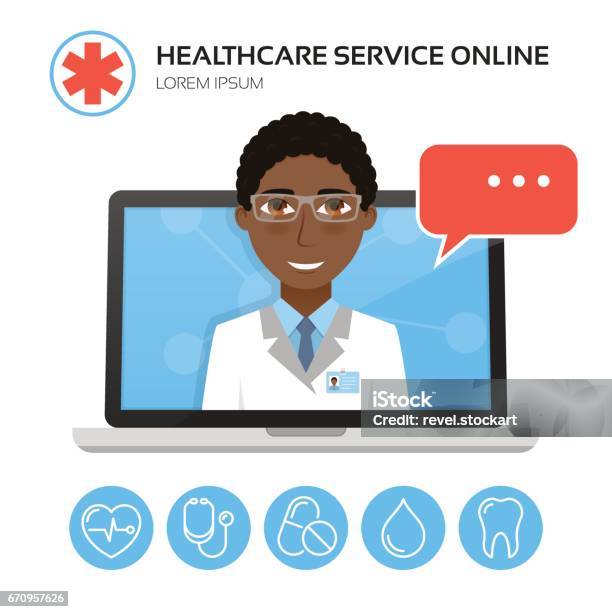The Future of Medicine: Exploring Subscription Based Healthcare Models
The Future of Medicine: Exploring Subscription Based Healthcare Models
Blog Article
Navigating the Future of Medication With Subscription-Based Healthcare Solutions
As the medical care market advances, subscription-based solutions become a pivotal design assuring to reshape individual treatment shipment. With the possible to use structured, cost-effective remedies with predictable pricing and customized attention, these solutions stand at the forefront of modern-day clinical innovation. As we consider their rise, one must consider the implications of incorporating such systems into existing medical care frameworks. What obstacles do they present in terms of information safety and security and fair access, and just how might they redefine the patient-provider relationship? The response to these questions can fundamentally change our approach to health care.
Increase of Membership Medical Care
As healthcare systems around the globe face raising pressures from climbing prices and demand for services, the arrival of subscription-based healthcare designs has actually become a transformative pattern. This cutting-edge approach is interfering with traditional health care shipment by supplying a foreseeable, flat-rate payment structure for medical services. Rooted in the principles of concierge medicine, subscription-based health care permits companies to concentrate on personalized patient care while at the same time managing operational performances.
The rise of this version can be attributed to numerous aspects. Technical developments have enabled more seamless integration of treatment through telehealth and electronic health records, facilitating the scalability of membership solutions. In addition, the enhancing customer demand for transparency and predictability in medical care expenditures has actually driven the change towards this design. Subscription-based solutions often supply straight access to healthcare specialists, which can minimize the administrative burdens connected with insurance cases and repayments (subscription based healthcare).
This model is getting traction amongst diverse doctor, from medical care doctors to specialized facilities, by lining up economic incentives with constant and preventative care. By moving the emphasis from volume to value-based treatment, registration health care has the possible to improve the landscape, promoting an extra patient-centered and sustainable technique to health administration.
Advantages for Patients

Additionally, subscription-based solutions frequently emphasize preventive care, motivating regular examinations and wellness screenings. This positive method can result in very early detection of health and wellness problems, possibly enhancing end results and lowering long-lasting medical care prices for people. Furthermore, such versions typically offer clear rates, enabling clients to better understand their medical care expenditures and prevent unforeseen medical costs.
The personalized nature of subscription-based medical care also improves client experience. Patients can obtain tailored medical care strategies that fit their certain requirements, fostering a much more patient-centric method. This customization can cause improved individual fulfillment and adherence to treatment strategies. Subscription solutions typically incorporate wellness programs, supporting people in maintaining total health and wellness. Inevitably, these benefits jointly add to a much more reliable, affordable, and patient-friendly medical care experience.
Technology's Function in Transformation

Artificial intelligence (AI) plays a vital duty in predictive analytics, assisting in very early medical diagnosis and tailored treatment strategies. AI formulas assess huge datasets to determine patterns that could be neglected by human observation, hence boosting scientific decision-making. Moreover, electronic health documents (EHRs) special info enhance client information monitoring, ensuring connection and coherence of care throughout different services and service providers.
Blockchain innovation enhances information safety and security and personal privacy, important for maintaining individual count on in electronic platforms. It makes it possible for transparent and safe transactions of clinical information, making sure that delicate info continues to be secured. With the assimilation of device knowing and AI, blockchain can automate complicated healthcare processes, lowering administrative worries.
Challenges and Considerations
While innovation drives the capacities of subscription-based healthcare solutions, it likewise presents a set of obstacles and considerations that must be addressed to guarantee successful implementation. One significant challenge is the equitable accessibility of these services.
Information personal privacy and protection stand for an additional crucial factor to consider. Subscription-based solutions usually require the collection and storage space of large amounts of personal health information. Companies should follow stringent information security policies to maintain person trust fund and stop unauthorized access, which can cause significant moral and lawful consequences.
Furthermore, the sustainability of registration versions positions a challenge. As medical care needs evolve, keeping a cost-efficient balance between registration charges and solution high quality is vital to stop individual dissatisfaction and attrition. Integrating these services within traditional health care systems calls for seamless interoperability in between platforms, which is commonly a complex and resource-intensive venture. Dealing with these obstacles is important as subscription-based medical care solutions continue to advance and expand.
Future Effects for Medication
Subscription-based health care solutions are positioned to dramatically affect the future landscape of medication by improving exactly how treatment is accessed and provided. These designs use the prospective to democratize healthcare access, providing patients with more customized and timely interventions. By leveraging technology, such as telemedicine and data analytics, subscription solutions can promote constant tracking and tailored health and wellness management, hence boosting results and decreasing the concern on traditional medical care systems.
As these solutions gain traction, they can boost a shift towards preventative treatment, emphasizing the importance of very early detection and management of persistent conditions. This aggressive technique may inevitably lower medical care costs by mitigating the requirement for pricey treatments developing from late-stage disease administration. In addition, subscription designs use a scalable service to address differences in medical care accessibility, particularly in country or underserved populations.
However, the change in the direction of subscription-based designs requires attending to regulatory and honest factors to consider, consisting of data personal privacy and fair access. As the market advances, collective initiatives between policymakers, innovation click for info programmers, and healthcare service providers will certainly be critical to establishing robust structures that guard patient rate of interests while Click This Link promoting technology. Ultimately, these services guarantee to contribute dramatically to a more efficient, patient-centered health care environment.

Final Thought
Subscription-based medical care solutions represent a considerable advancement in the medical field, using foreseeable costs and customized treatment that boost ease of access and prioritize safety nets. Technological developments, such as telemedicine and AI-driven analytics, assist in customized patient experiences, improving overall health and wellness end results. Nonetheless, challenges such as information privacy and fair accessibility must be addressed to make certain the widespread advantages of these services. As the health care landscape advances, subscription models are positioned to play a vital duty in shaping the future of medication.
As the medical care market develops, subscription-based services arise as an essential design promising to improve individual care delivery.As medical care systems around the world face increasing stress from increasing costs and need for services, the advent of subscription-based medical care designs has arised as a transformative trend (subscription based healthcare).With the surge of subscription-based health care models improving conventional medical care shipment, patients are starting to experience considerable advantages from this ingenious approach. As medical care needs progress, maintaining a cost-efficient balance in between membership costs and service high quality is vital to stop patient frustration and attrition.Subscription-based healthcare services are positioned to considerably affect the future landscape of medicine by reshaping just how care is accessed and provided
Report this page